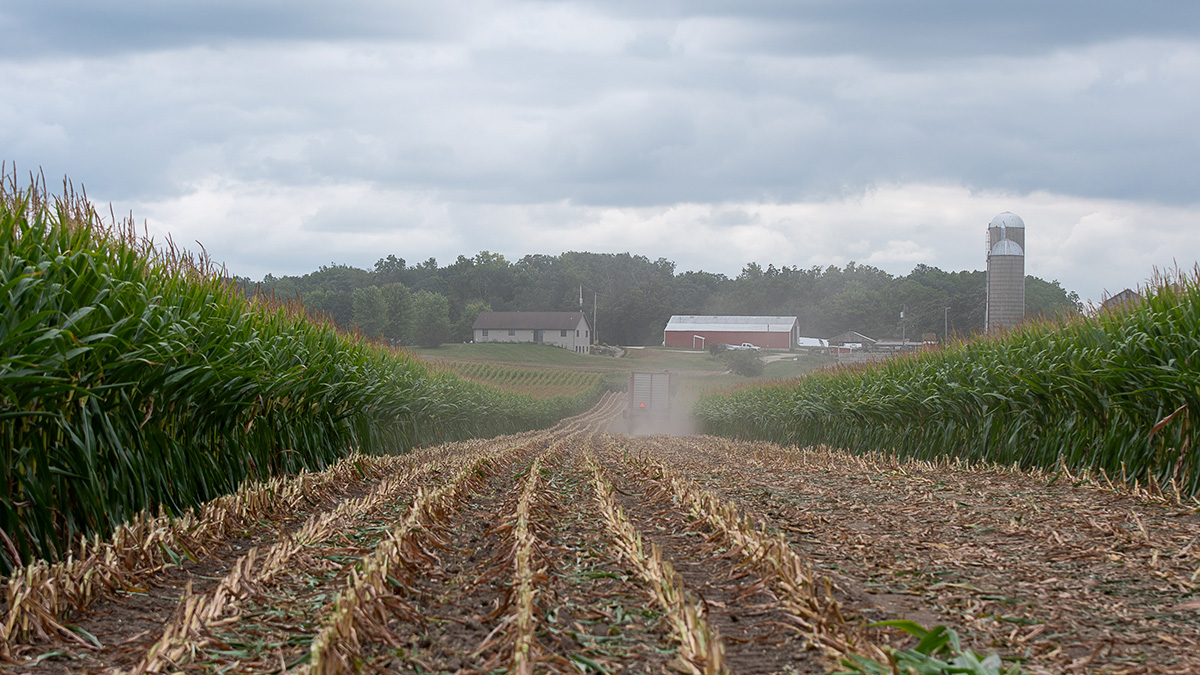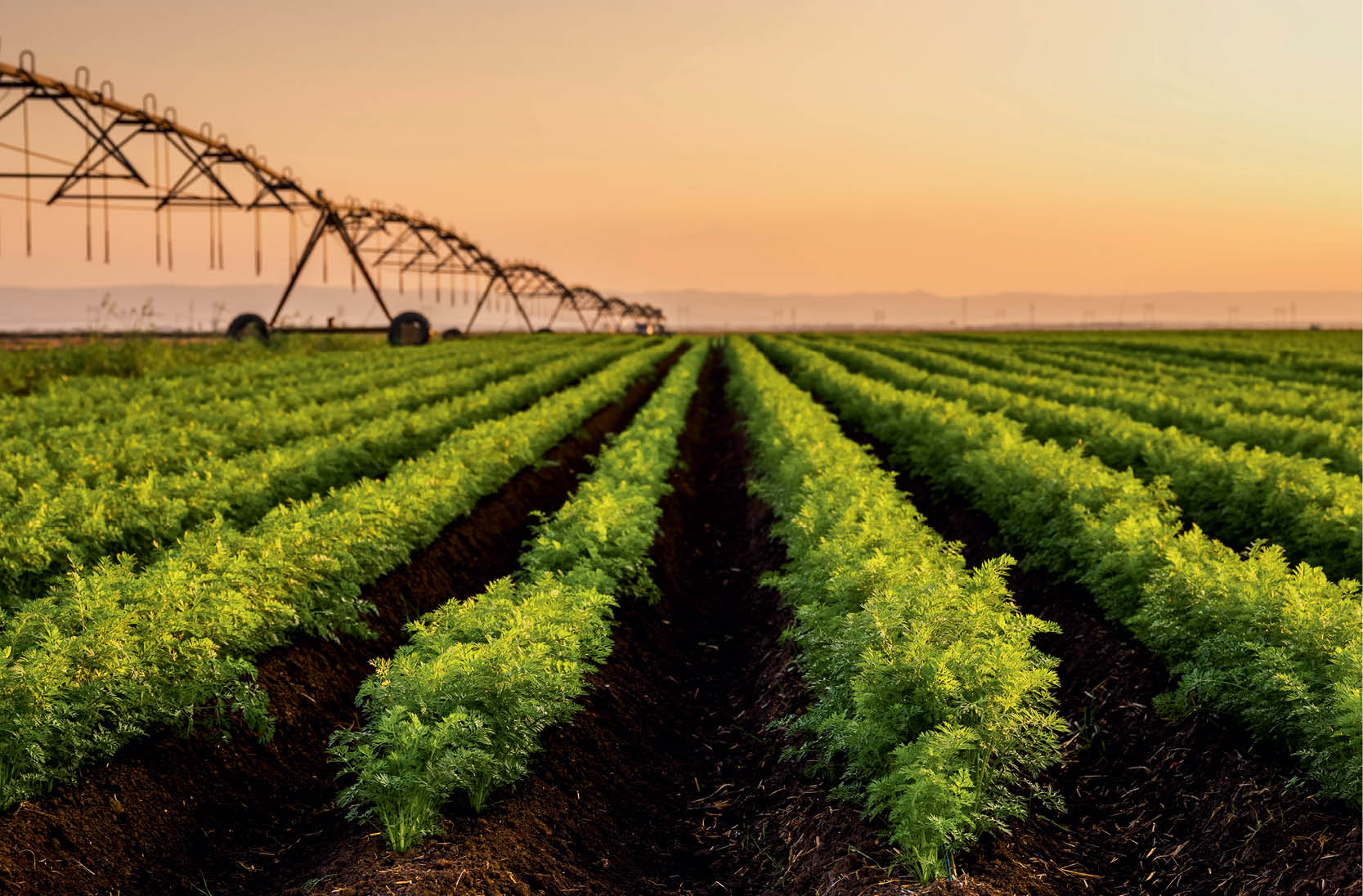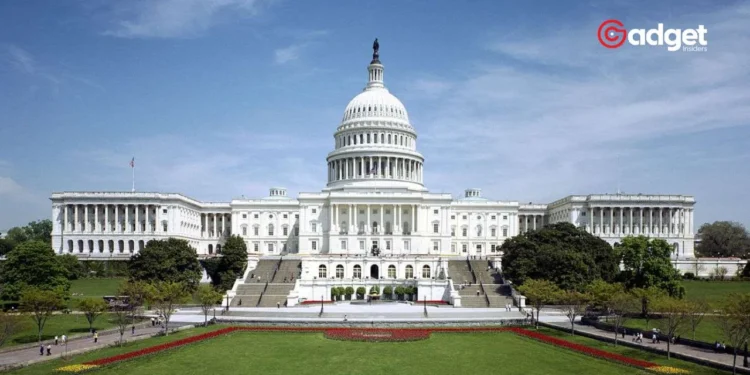In a move that marks a critical juncture for agricultural policy, the House of Representatives has unveiled a colossal $1.5 trillion farm bill, setting the stage for a legislative showdown with the Senate. Spearheaded by House Agriculture Committee Chair G.T. Thompson, this sprawling 942-page proposal, formally known as the Farm, Food, and National Security Act of 2024, aims to reshape America’s farming future. Yet, with its ambitious scope and controversial measures, the bill’s path through Congress promises to be anything but smooth.

A Crucial Extension Amidst Political Friction
The farm bill, a cornerstone of U.S. legislative measures concerning agriculture and food policy, typically sees renewal every five years. The current bill, however, extends a lifeline to programs set to expire, operating under a temporary extension due to lapse at fiscal year’s end. This extension is crucial, as it supports various programs ranging from nutrition assistance to conservation efforts, touching the lives of millions across the nation.
Amidst this backdrop of urgency, the bill has emerged as a battleground for partisan debate. It proposes changes that have sparked fierce opposition, particularly concerning the Supplemental Nutrition Assistance Program (SNAP).
The bill suggests recalculating SNAP benefits based solely on inflation, a move projected to cut $27 billion from the program over the next decade. This recalibration has been criticized sharply by Democrats, including Rep. David Scott, who argues that such cuts would “take food out of the mouths of America’s hungry children,” exacerbating hunger and impacting jobs in related sectors.

Bipartisan Appeals Clash With Partisan Proposals
The House’s version of the bill faces stiff resistance not only from within its chambers but also from the Senate, where leaders like Agriculture Chair Debbie Stabenow advocate for maintaining robust nutritional support. Stabenow, aligned with House Democratic leaders, has been vocal about her commitment to preserving these crucial benefits, emphasizing that any regressive changes in nutritional aid are a red line for Senate Democrats.
In contrast, Thompson defends the proposed changes, urging colleagues to eschew what he describes as “misleading arguments and false narratives.” His stance highlights the deep divisions that could potentially derail the bill’s progress as it prepares for committee markup.

Farm Bill Faces Key Vote Amid High Stakes
As the Farm bill heads to markup next week, all eyes will be on this legislative titan’s journey through the House and its potential clash with the Senate’s vision. The debate is not just about policy specifics but encapsulates broader themes of economic security, public health, and the ideological divides shaping American politics.
With stakes this high, the outcome of this legislative effort will significantly influence the agricultural landscape and the welfare of millions.
As both sides of the aisle prepare for what may be a protracted battle, the overarching question remains: Can lawmakers forge a farm bill that bridges partisan divides and upholds America’s commitment to its farmers and vulnerable populations? Only time will tell, but for now, the stage is set, and the players are ready, with the nation watching closely.









